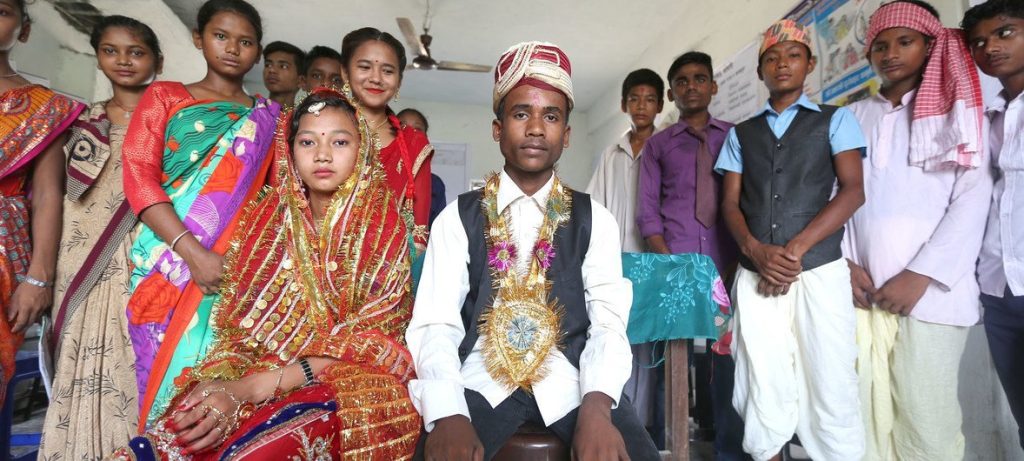A new study by researchers at King’s College London reveals that the 2017 ban on child marriage in Bangladesh—enacted to protect girls’ rights—has not reduced the practice but instead led to a fourfold increase.
This research highlights that changing laws without considering the cultural and economic contexts of traditional communities can produce the opposite effect. According to the study, especially older men in Bangladeshi families, aware of harsher penalties, are now marrying off their daughters earlier and secretly to evade the law.

Even legal exceptions allowing marriage under 18 in special cases have become loopholes that perpetuate child marriage. Dr. Sara Ahmed, lead researcher, explains: “When laws are enforced without accompanying social and economic programs, poor families who view daughters as financial burdens do not stop child marriage but continue it covertly. Many marriages remain unregistered, leaving girls without legal protections.”
In many parts of Bangladesh, girls are seen as extra expenses, and early marriage is a way to reduce family costs. Additionally, in traditional societies, early marriage is perceived as a means to preserve family honor and prevent relationships deemed inappropriate. Weak educational systems, lack of safe schools, and conservative beliefs also contribute to families seeing girls’ education as futile.
Bangladesh is not alone in facing such unintended consequences. Similar increases in informal child marriages have been reported in India, Nigeria, and several African countries following strict legal bans. Experts recommend that instead of solely criminalizing child marriage, economic empowerment programs for families should be implemented. Public education and changing social attitudes must be prioritized alongside expanding girls’ access to schooling and employment opportunities.
This study demonstrates that legislation alone is insufficient. To effectively combat child marriage, the underlying economic, cultural, and social causes must be addressed. Otherwise, legal pressure only drives the practice underground, making it more dangerous. Enacting progressive laws without providing the necessary social framework is like building a dam without considering the water flow. If the real goal is to protect children, preparing society for change alongside legal reform is essential.
Phys


